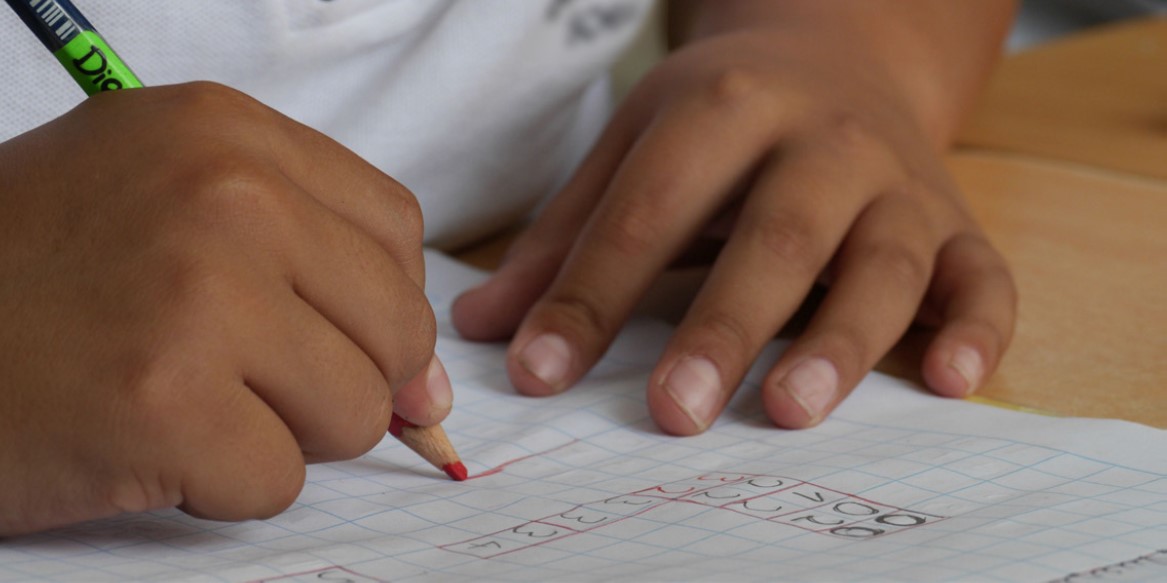By: Dr. Lynnette Simm
These questions were perfectly timed. With school starting, many parents are reviewing and contemplating the academic future of their children. Each year, the constant changing and transitioning from grade to grade, as each student continues to develop, causes many parents to worry about what is best for their child. Here are just two questions sent to Dr. Simm.
Beverly from San Antonio, TX asked, “What signs would alert a parent or teacher that a child might be dyslexic rather than some other reading problem? What steps would a parent to take if he/’s she suspected this sort of problem?”
Mike from Dallas, TX asked, “Is dyslexia just with numbers, letters (words) either individually or does it have to be both?”
These are both great questions when it comes to our children, ourselves, and our education system. Dyslexia seems to be a hot topic these days; fortunately, research has been done for decades. For years there was a lot of discrepancy in the research. Dyslexia was thought to be a boy’s learning disability; however, research shows that girls are equally affected by dyslexia. The discrepancy between the diagnoses and the prevalence of dyslexia between the genders has to do with the fact that boys tend to physically act out through gross motor skills, and girls tend to act out more with fine motor skills. Luckily, today’s education system tends to focus a lot on learning disabilities and attempts to diagnose students early.
While there is only one type of dyslexia (words and letters), there are other types of disabilities that are similar such as dyscalculia (numbers and math) and dysgraphia (writing). All three of these learning disabilities stem from the Wernike or Broaca area of the brain. If you are suspecting that your child may be dyslexic some of the signs could be writing problems such as swapping the letter b, d, p, and q are the most common or adding in letters or subtracting letters from words. If you suspect that your child may have a learning disability most public school systems will wait until at least the second grade to test. A diagnostician should be able to ascertain which learning disabilities your child has.
Just a note, most learning disabilities do not travel alone, for example I had dyslexia, attention deficit disorder (ADD), and obsessive-compulsive disorder (OCD). Your child may also have emotional disorders that tend to accompany learning disabilities, such as anxiety or depression. Once diagnosed, most likely a school counselor will work with parents to create Individual Education Plan (IEP), which will include accommodations to help those with dyslexia and any other learning disability.
However, there are several major developmental changes that happen to children K through 12. So just because your student is having issues with writing or reading, you shouldn’t automatically jump to dyslexia. Just as your child having problems sitting still or paying attention doesn’t mean they have ADD, mixing up letters or numbers occasionally does not always lead to a dyslexia diagnosis. Yes, these are indicators, but there may be another explanation. A collaboration between the teachers, parents, as well as physicians should evaluate a student. A broad scope of who the child is can impact this understanding, such as an average boy, who happens to be hyperactive and would like to spend more time outside, or a very shy young lady, who is not interested in being the belle of the ball.
Most importantly, know that there are so many resources out there for learning disabilities including, but not limited to, dyslexia. There are many organizations, programs, and support groups for those who have dyslexia. I have dyslexia, and I find it very exciting when I come across new organizations or groups that support those with dyslexia. I learn more about myself, the unique gift of dyslexia, and how it enhances so many other aspects of my life. I may not be an amazing writer and reader, but with technology, I am able to share such vital information with parents who may or may not have a student with learning disabilities, and that is amazing.
RESOURCES:
* Dyslexia Foundation @ dyslexiafoundation.org
* International Dyslexia Association @ dyslexiada.org
* Support Group @ dyslexia.supportgroups.com
* Adult Support Group @ dailystrength.org
* Texas: Dallas Dyslexia Information Group @ dal.dyslexiada.org
Dr. Lynnette Simm, who earned degrees in psychology and education, has been an educator for nearly twenty years. She has worked in corporate training, taught from preschool to graduate school, written curriculum for all age groups, worked on college accreditation, and served as the general education coordinator at a private college. She has taught in public schools, community college, and private universities. Dr. Simm also worked on behalf of teachers as she created and facilitated professional development seminars. She has been a professional contributor and freelance editor for several books and is the author of And The Day Came, an inspirational memoir published in 2016.


